Canada's Trudeau draws criticism for vacation on first national indigenous holiday
Canada's Prime Minister Justin Trudeau has come under fire for taking a vacation on the first National Day for Truth and Reconciliation to commemorate the victims and survivors of indigenous residential schools.
In a statement sent to Global News on Thursday, Ann-Clara Vaillancourt, a spokeswoman in the prime minister's office, confirmed that Trudeau was on vacation with his family in Tofino, British Columbia, despite his official itinerary saying he would be taking a private day in Ottawa.
“Yes the PM is spending time in Tofino with family for a few days,” the spokesperson said.
Later Thursday, Trudeau said in a post on his Twitter account that he had spoken by phone "with residential school survivors from across the country, hearing their stories and getting their advice on the path forward."
The Canadian premier had received invitations from the Tk'emlups te Secwepemc First Nation in British Columbia — the home community of the Kamloops Indian Residential School—where remains of scores of indigenous children were found earlier this year, to attend their ceremony.
Trudeau, who narrowly won re-election 10 days ago, made indigenous reconciliation a campaign priority. He has offered broad and emotional apologies to indigenous people for being subjected to abuse for much of the 20th century.
In June, his government introduced the new federal holiday to underline the legacy of the so-called residential school system, following the discovery of more than 1,000 unmarked graves at former indigenous residential schools which provoked anger and grief in indigenous communities across Canada.
Trudeau also pledged to make Canada's almost 1.7 million indigenous people a priority of his government after taking office in 2015. He said often that no relationship was more important to him than the one between Canada and its indigenous communities.
"This is a government that has said indigenous people are (the) most important priority for the government, and that action ... does not match the words," Native Women's Association of Canada chief executive Lynne Groulx said.
"He should be the one who is leading this reconciliation process," she added.
Canada held the first National Day for Truth and Reconciliation on Thursday. A ceremony was held in front of the parliament, and there were similar events around the country.
Former Senator Murray Sinclair, who chaired the Truth and Reconciliation Commission, said the new federal holiday should be used "to set aside the impact of the untruthful version of history that has long been presented and to learn from indigenous voices."
Canada has been grappling with its past treatment of indigenous people in recent months.
Since May, hundreds of unmarked graves of children have been discovered at former residential schools, run for indigenous children forcibly separated from their families in what has been called “cultural genocide.”
The finds have reopened old wounds in Canada regarding the notorious residential schools, which were mostly operated by the Roman Catholic Church on behalf of the government of Canada during the 19th and 20th centuries.
In all, 130 boarding schools forcibly separated more than 150,000 indigenous children from their families and had them attend state-funded schools in a campaign aimed at presumably assimilating the minors into the Canadian society.
Thousands of children died of disease, malnutrition, neglect, and other causes at the schools, where physical as well as sexual abuse was rife.
In 2008, the Canadian government formally apologized.
Indigenous people, who make up less than 5% of the population, also face higher levels of poverty and violence and shorter life expectancy.
Despite Leader's martyrdom, Islamic Republic firmly in control and punishing the enemy
At least 31 killed in Israeli aggression on southern Lebanon after Hezbollah strikes
Iran writes to UN, warns about dire consequences for perpetrators following Leader's martyrdom
Hezbollah strikes occupied Haifa in retaliation for Leader's assassination
Ansarullah mourns Leader's martyrdom as 'great loss' caused by 'most wretched terrorists'
Hezbollah offers condolences to Iranian nation over Leader’s martyrdom
US-Israeli strike targets IRIB facility; broadcasts continue
IRGC: Latest waves of Op. True Promise 4 led to tanker strikes, base shutdowns, heavy casualties


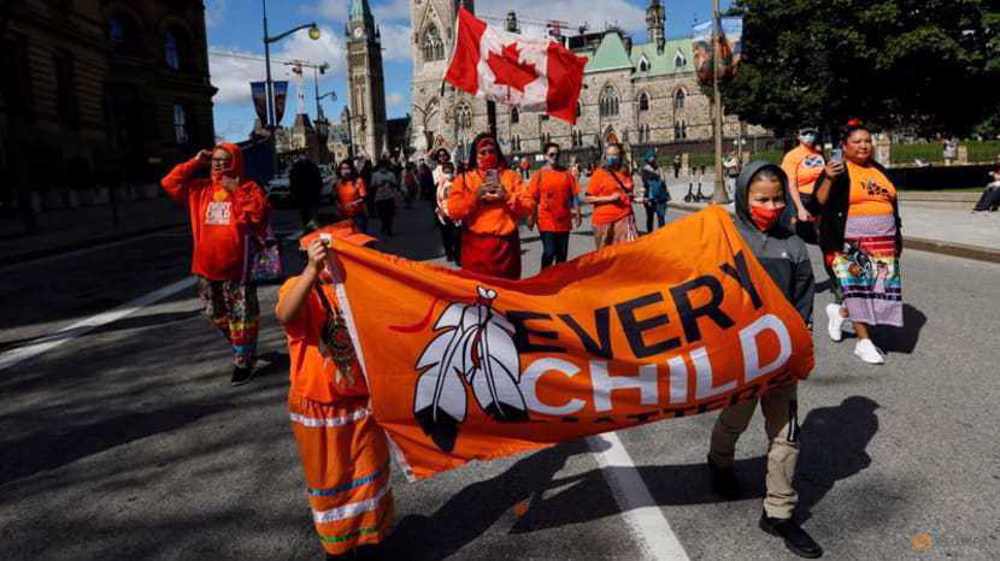
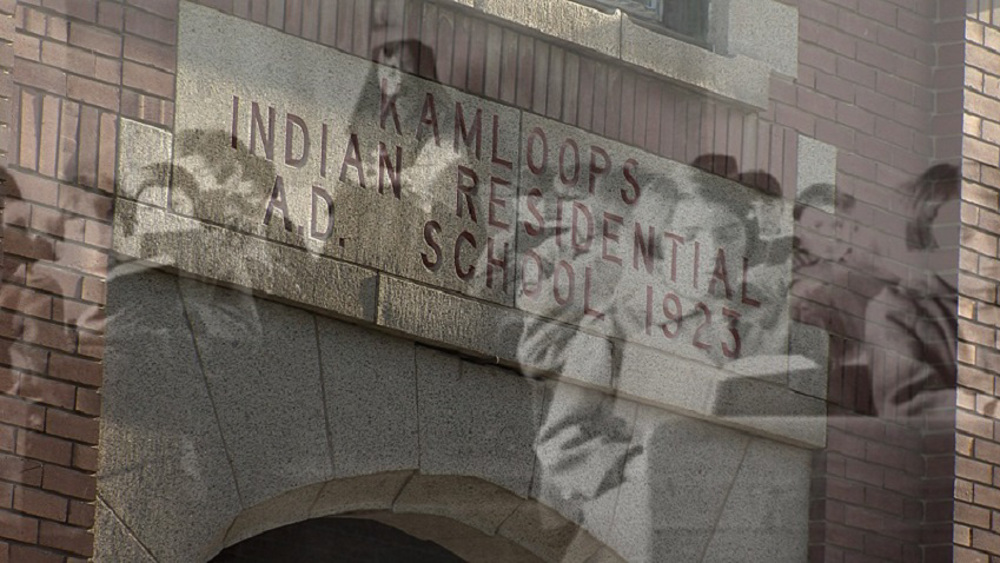
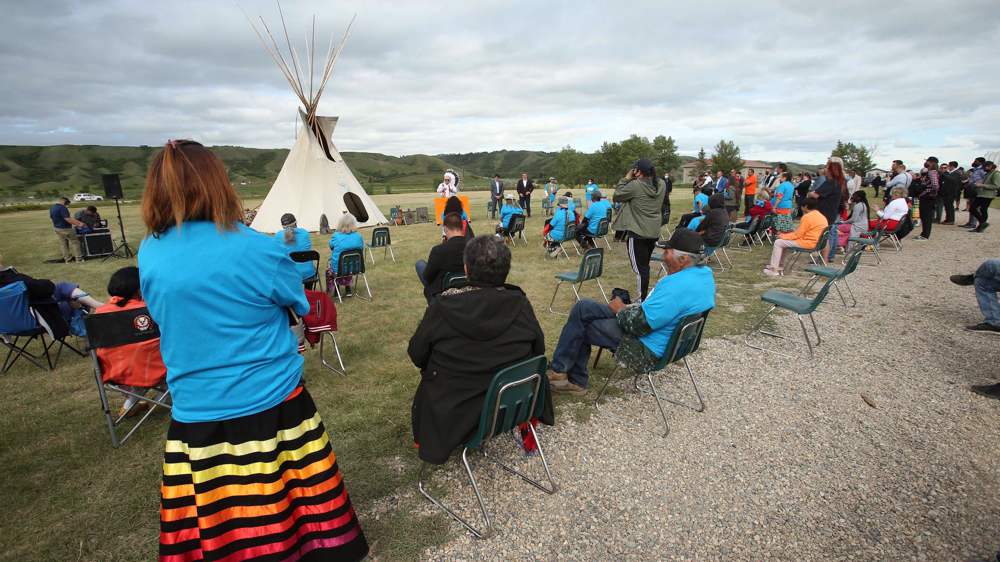
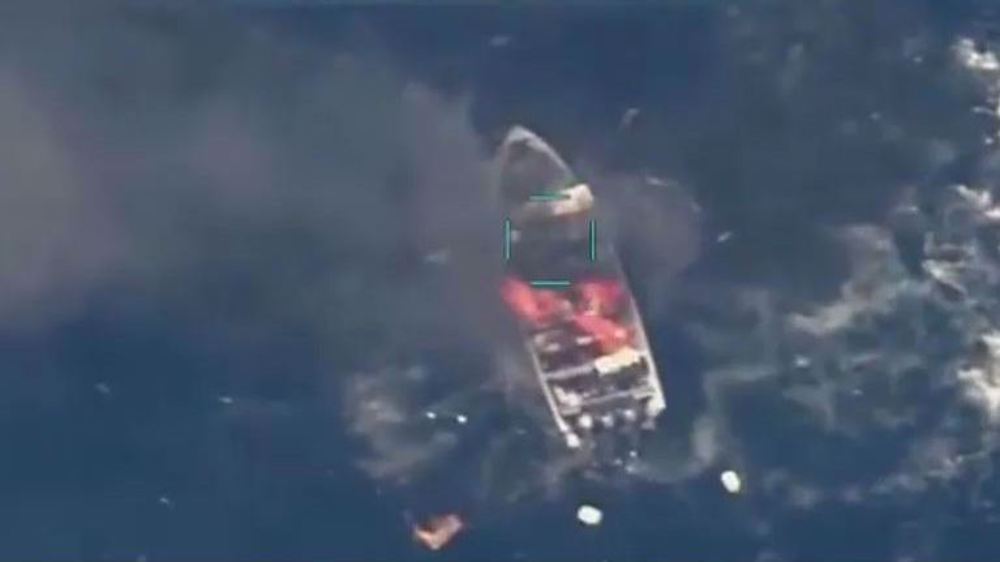
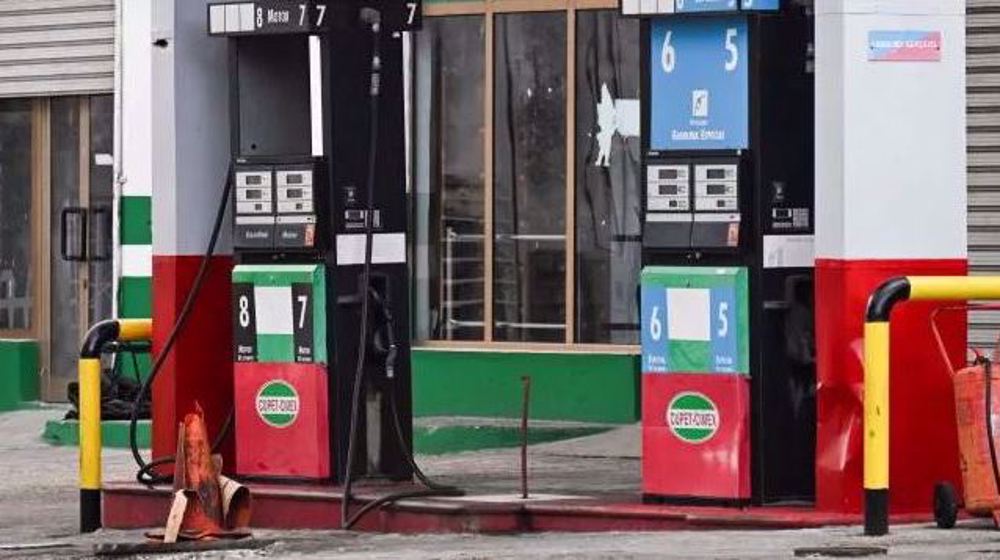
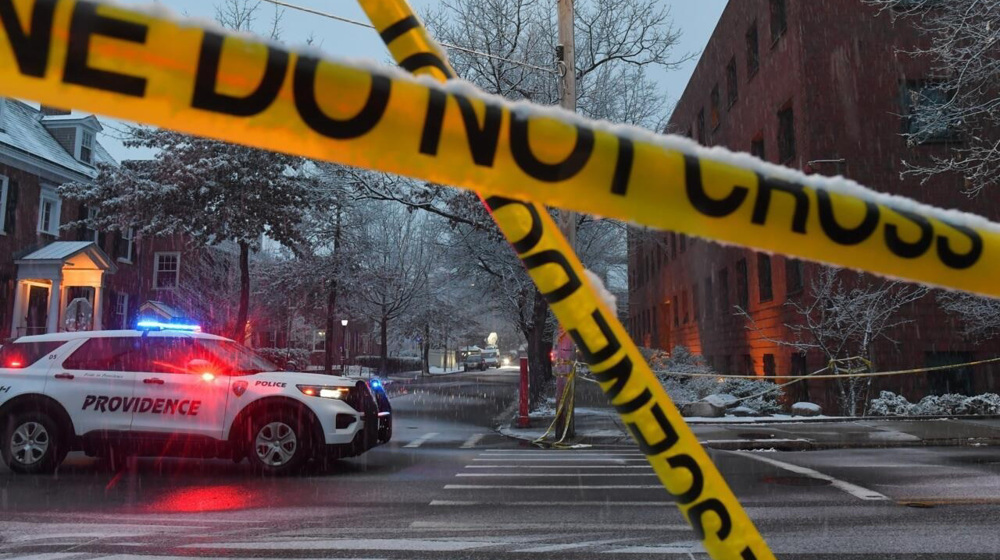



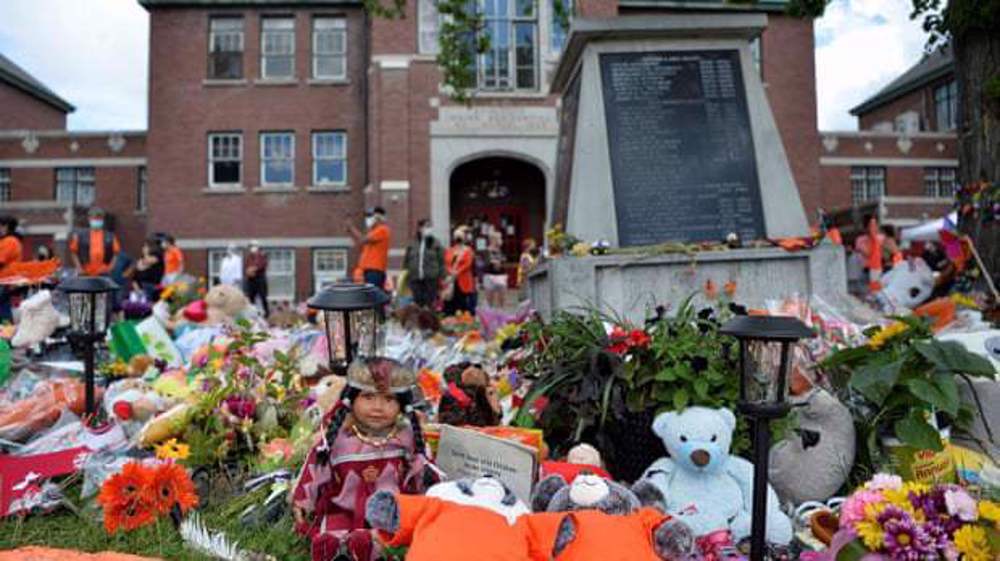
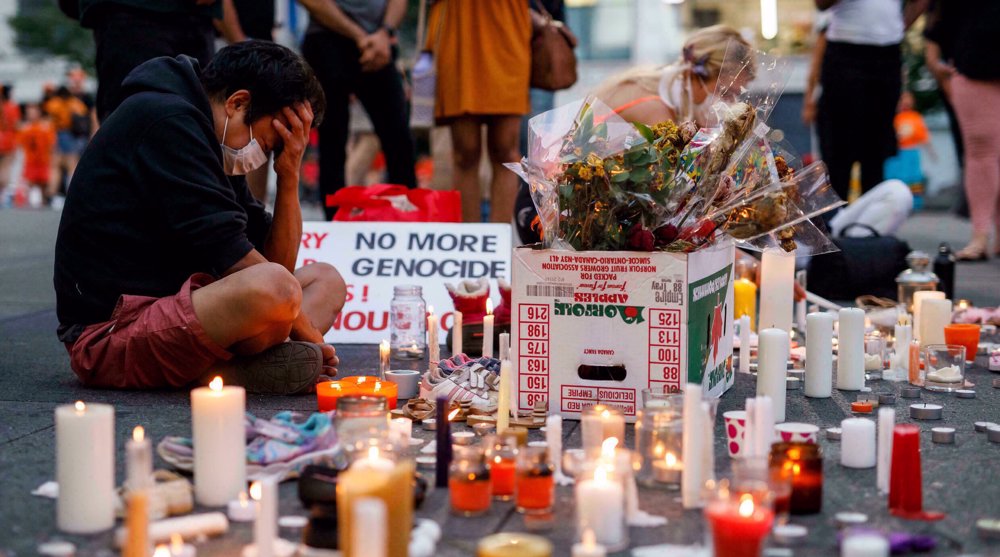
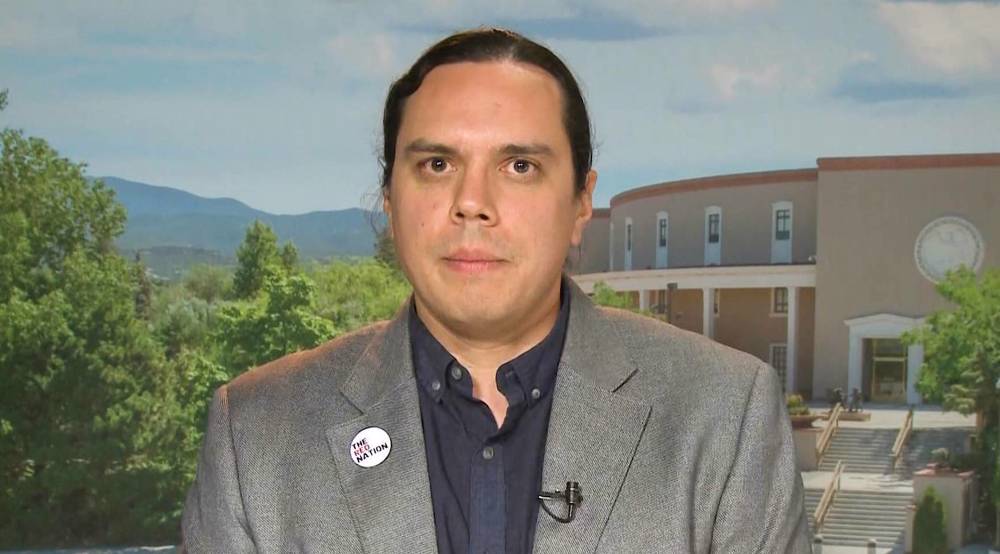

 This makes it easy to access the Press TV website
This makes it easy to access the Press TV website